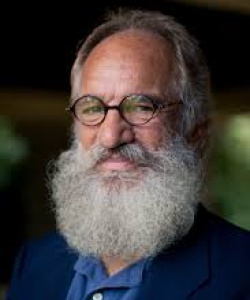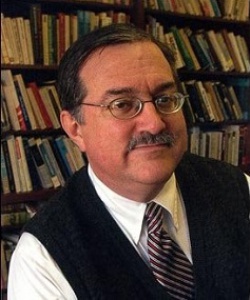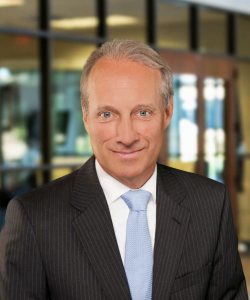Liberty, as Lord Acton has said, “is the delicate fruit of a mature civilization.” It’s progress is always beset, Lord Acton goes on to warn, by its natural enemies. The present age is no exception with battles over religious freedom raging in the culture and in the courts. There are those in public discourse who frame religious liberty as a tool of oppression—a clever guise designed to protect the status of the powerful at the expense of the powerless. There are notable examples across the United States of attempts to strip religious symbols from the public square and of state action that crosses the boundary of the citizen’s conscience. While protection for this first freedom is enshrined in the Constitution, the justification for guaranteeing it has older and deeper roots. When civilizations protect the rights of men and women to orient their lives in accordance with their sincerely held beliefs, they flourish socially, economically, and culturally. This colloquium will explore the natural law justification for cultivating and protecting religious freedom.
All participants will receive and will be expected to read J. Daryl Charles’s Natural Law and Religious Freedom: The Role of Moral First Things in Grounding and Protecting the First Freedom. Discussion will be led by Dr. Daryl Charles, an affiliate scholar in Christian ethics at the Acton Institute.








